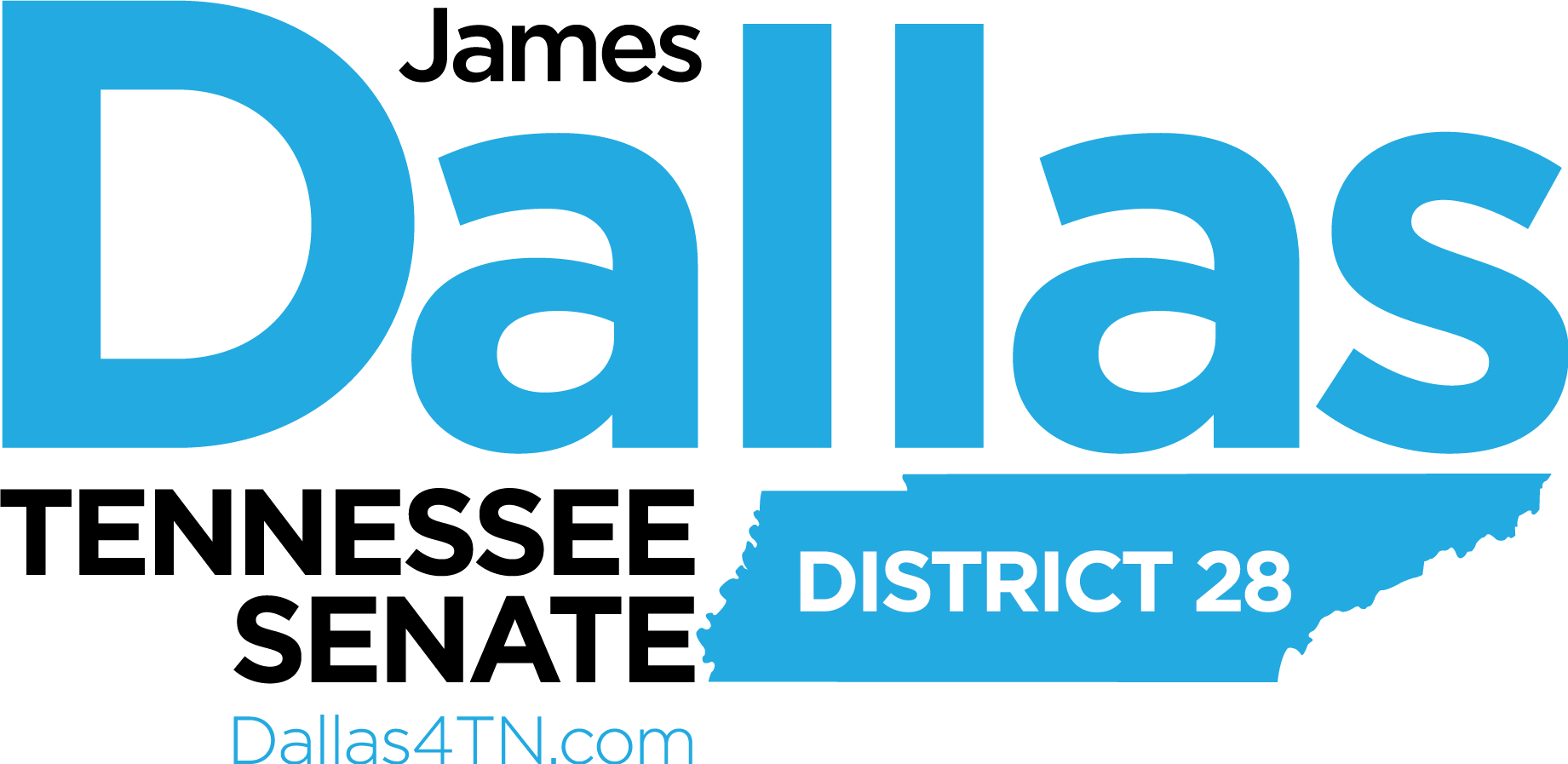As a graduate of a public high school, a former substitute teacher, and a community volunteer in our public schools, I am committed to fully funding our public schools and opposing attacks on schools and teachers. I believe the State of Tennessee has an obligation to our children to ensure that they have access to excellent educational opportunities.
Both the federal1 and Tennessee state2 constitutions guarantee our children the right to a free, public education. Federal law also requires the State of Tennessee to provide a free, appropriate public education to special needs children.3
In addition to being a legal requirement, supporting our public schools is a moral obligation. Public schools are an important part of our democratic heritage, and we must prepare students to accept the responsibility waiting for them as citizens.4
Throughout our state’s history, Tennessee has frequently fallen short of its goal of providing an excellent education to all. Underfunding of our public schools has lifelong consequences, and improvements to our public school system have generational impacts. For example, when my grandmother attended school in Kingsport in the 1940s and 1950s, students had to buy their own books. To this day – nearly 75 years later – she still talks about how much respect she has for Gov. Frank Clement, who helped make free textbooks the standard in our state by the time my parents were in school.5
Although the General Assembly has made some progress in increasing funding in recent years, we continue to lag behind. In the 2022-23 school year, according to NEA estimates, Tennessee was 45th in the nation in per-student public school expenditures, and 44th in average public school teacher salaries (which are nearly $14,000 lower than the national average).6 We are also below the national average in starting teacher pay, ranking 31st.7
Tennessee’s students are, not surprisingly, treading water. In 2022, Tennessee 4th grade reading scores ranked 35th in the nation for 4th graders, and 33rd in the nation for 8th graders, with a third of 8th graders not even reaching “basic” literacy.8 While scores are up over the past 20 years, scores declined between 2019 and 2022 (likely due to COVID-19 related learning loss).9
Both in terms of inputs and outcomes, Tennessee can do better.
If elected, I will:
- Listen to parents, guardians, and students.
- Listen to teachers, librarians, support staff, and administrators.
- Listen to school board members and educational experts.
If elected, I will support legislation that will:
- Increase funding for public schools under the T.I.S.A formula.
- Increase teacher pay and benefits, including more funding for local school districts for healthcare and childcare assistance.
- Reduce the burden of state achievement testing and support further reforms to grade-level promotion laws that reduce the reliance on a single high-stakes test.
- Support career and technical education (CTE) programs.
- Improve the quality of public charter schools.
- Expand access to school lunch and breakfast programs.
- Ensure that children have (within the bounds of age-appropriateness) the freedom to learn.
- Ensure that all students (including those with special needs and all minorities) are treated with dignity and respect.
- Preserve the rights of parents who choose to home-school their children.
If elected, I will oppose:
- Universal school vouchers. See my statement here in opposition to Gov. Lee’s voucher scam.
- Attempts to reject federal education funding.
- Bills that undermine teaching as a profession.
- Bills that bully children and teachers.
- Bills that further expand the number of firearms in schools.
Furthermore, with regard to higher education:
- I will support funding equity for HBCUs.
- I will support college administrators, faculty and staff and oppose legislation that undermines their professional judgment.
- I will support increasing funding for our community colleges and programs like Tennessee Promise.
- The Equal Protection Clause of the Fourteenth Amendment has been interpreted to require equal access to education. Johnson, Scott F. (2017, April 20). The 14th Amendment protects the right to a public education. Purdue Global Law School. https://www.purduegloballawschool.edu/blog/constitutional-law/14th-amendment-protects-rights-education; see, e.g., Plyler v. Doe, 457 U.S. 202 (1982) (striking down a Texas law that forbade public dollars from being used to educate immigrant children). Note however that the Supreme Court has not deemed education to be a “fundamental interest”, see, e.g., San Antonio Ind. School Dist. v. Rodriguez, 411 U.S. 1 (1973). ↩︎
- “The General Assembly shall provide for the maintenance, support and eligibility standards of a system of free public schools.” Tenn. Const., art. XI, § 12 (2023). ↩︎
- See, e.g., Individuals with Disabilities Education Act, 20 U.S.C. § 1400(d)(1) (stating the purpose of I.D.E.A. is to provide a free appropriate public education to children with disabilities). ↩︎
- Rebell, M. (2022, January 4). Is there a right under the Fourteenth Amendment to an education adequate to prepare students to be capable citizens? American Bar Association Human Rights Magazine. https://www.americanbar.org/groups/crsj/publications/human_rights_magazine_home/the-state-of-civic-education-in-america/is-there-a-right/. ↩︎
- Rust, R. (2018, March 1). Clement, Frank G. | Tennessee Encyclopedia. Tennessee Encyclopedia.
https://tennesseeencyclopedia.net/entries/frank-g-clement/. ↩︎ - National Education Association. (2024 April). Rankings of the States 2023 and Estimates of School Statistics 2024. Available for download at https://www.nea.org/resource-library/educator-pay-and-student-spending-how-does-your-state-rank/teacher. ↩︎
- National Education Association. (2024 April). NEA 2022-2023 Teacher Salary Benchmark Report. Available for download at https://www.nea.org/resource-library/educator-pay-and-student-spending-how-does-your-state-rank/starting-teacher. ↩︎
- These state comparisons come from the U.S. Department of Education’s “Nation’s Report Card” website, which uses NAEP data. https://www.nationsreportcard.gov/profiles/stateprofile/overview/TN ↩︎
- Ibid. ↩︎
